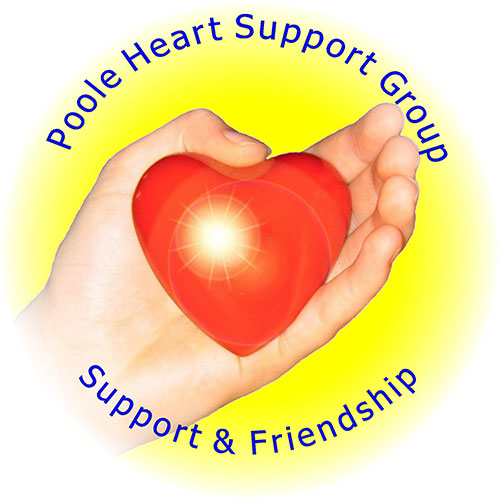
What your resting heart rate says about you
Dr Mark Porter

Bjorn “the Iceman” Borg turned 65 at the weekend. His appearances on the tennis court may have wowed the world back in the day but it was his resting heart rate that intrigued me as an impressionable medical student. There is some dispute about just how low it was; 35 according to some reports, while Borg claimed that 50 was more typical. Either way it was much lower than average, reflecting his cool demeanour and athleticism.
The advent of fitness trackers, pulse oximeters and home blood pressure machines means you can easily monitor your heart rate while doing everything from training for a marathon to sleeping at night. However, it is the resting rate during the day that I want to concentrate on because it can be a surprisingly simple indicator of underlying health issues and a predictor of problems too.
You don’t need a fancy watch or monitor to join in. Just sit quietly for five minutes and feel for a pulse at your wrist or on the side of your neck. It can take a bit of practice but there are online guides if you are struggling. Although some beat-to-beat variation is normal (it can vary slightly with your breathing), your pulse should feel regular with a rate somewhere between 60 and 100 beats a minute. However, lower is generally better and the healthiest people tend to have a resting pulse rate in the 50-to-75 range.
Indeed, recent research suggests that a high resting pulse is an independent risk factor for an early death and the threshold seems to be about 75, with at least one respected study suggesting middle-aged people (particularly men) with rates above this are twice as likely to die younger — from a range of illnesses, including heart attack and stroke — than peers with slower pulses.
Being above this doesn’t mean you have a problem but does suggest that you are perhaps not in as good a shape as you could be. My resting pulse rate is 65. When I was 40, and before I started doing regular exercise, it was about 80 and the drop over the past 18 years is a reflection of how much fitter (and slimmer) I am today. That said, being unfit isn’t the only reason your pulse rate may be on the high side.
At the other extreme, a lower than normal resting rate (under 60) may be a good thing and reflect fitness as it did for Borg. In general, the lower the rate the better, as long as you are not getting symptoms such as light-headedness and/or shortness of breath on exertion, which suggest that your heart is not meeting the demands of the rest of your body.
Paradoxically, resting pulse rates tend to be a bit slower in older people, and those taking some prescription medicines, particularly beta-blockers used to treat high blood pressure and heart conditions. However, a slow rate can also be a sign of underlying problems such as an underactive thyroid or damage to the heart’s natural pacemaker or electrical pathways. It can also be caused by a faint or vaso-vagal attack, where the nervous system slows the heart as it overreacts to triggers ranging from the sight of blood to prolonged standing. The heart rate often falls to below 40 and the resulting drop in blood pressure starves the brain, impairing consciousness.
Just because your resting pulse rate lies outside the ideal range does not mean you have a problem — it is just one indicator — but do look for a cause. In most cases a higher than ideal resting pulse rate is a reflection that you are too sedentary and/or overweight, and the fitter you get the lower it will fall.
One caveat: a fast (over 100) resting pulse rate that is also irregular is never normal and always warrants further investigation.
Some causes of a high resting pulse
● Stress, anxiety, excitement or anger
● Caffeine, alcohol and smoking/vaping
● Some over-the-counter and prescription medicines, eg decongestants and asthma inhalers
● Dehydration
● High temperature and infection
● Anaemia (low blood count)
● An overactive thyroid gland
● Underlying heart problems
Subscribe to News
Enter your email address to receive notifications of new posts by email.
- How sensors on supermarket trolleys could help spot people at risk of strokeMeasuring your waist can help reduce your risk of heart and circulatory diseases, as Professor Naveed Sattar tells Senior Cardiac Nurse Emily McGrath.
- Sleep and Heart DiseaseMeasuring your waist can help reduce your risk of heart and circulatory diseases, as Professor Naveed Sattar tells Senior Cardiac Nurse Emily McGrath.
- What your resting heart rate says about youMeasuring your waist can help reduce your risk of heart and circulatory diseases, as Professor Naveed Sattar tells Senior Cardiac Nurse Emily McGrath.
- 5 risk factors for heart and circulatory disease – How to control themMeasuring your waist can help reduce your risk of heart and circulatory diseases, as Professor Naveed Sattar tells Senior Cardiac Nurse Emily McGrath.
